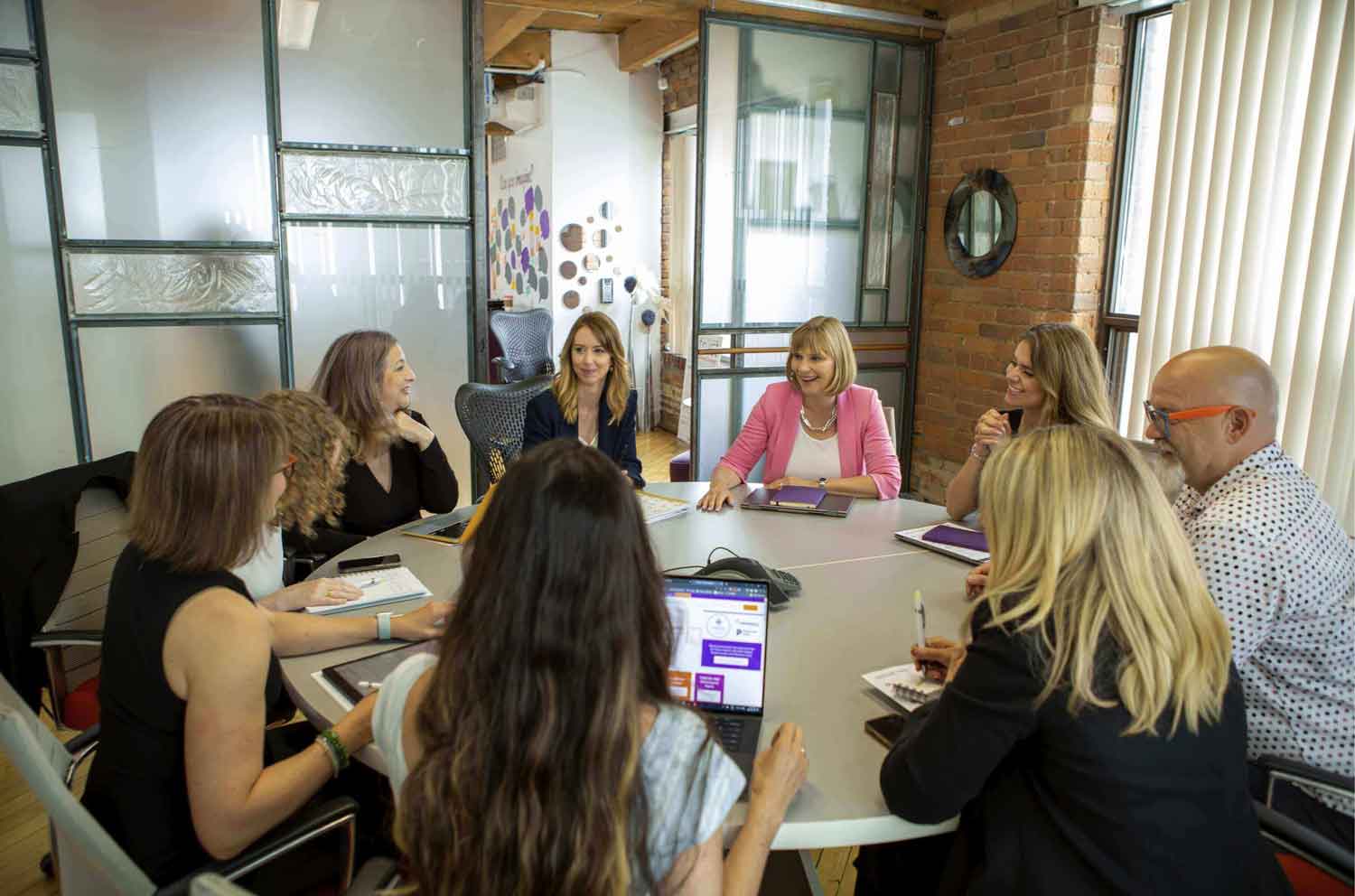Organizational focus on diversity, equity and inclusion (DEI) has increased over the last few years in tandem with the #MeToo and #BlackLivesMatter movements. The acronym DEI has become the buzz term across the C-suite. Research tells us that when DEI initiatives are successful, people are happier, and the knock-on effect amounts to achieving better business outcomes.
DEI Defined
When you break down the acronym, “diversity” is generally defined as variation within a group, including different religious, socio-economic and cultural backgrounds, sexual orientation and life experiences; “equity” is ensuring that all group members have an equal opportunity to succeed; and “inclusion” is actually inviting everyone to the table where differences and varying perspectives are welcomed.
Feeling Isolated
But what if, despite DEI efforts, someone still feels like an outsider? According to Deloitte, “shifts in workforce composition, ways of working, virtual workplace, etc., are leading to changes that leave workers feeling isolated. Today, 40% of people say they feel isolated at work and the result has been lower organizational commitment and engagement.”
Deloitte’s Human Capital Trends report ranked ‘Belonging’ as the top human capital issue that organizations face today. Seventy-three percent responded stated that fostering a sense of belonging was important to their organization’s success with 93% agreeing that a sense of belonging drives organizational performance.
That’s why, more and more, we are seeing belonging being added on to DEI.
Creating a Sense of Belonging
Creating a sense of belonging is crucial for any organization’s company culture. A Harvard Business Review article noted that high belonging was linked to a 50% drop in turnover risk, among other key business indicators.
Much of DEI work is predicated on building trust, and belonging is no different. Deloitte’s report points to three must-have factors for belonging to take place:
- Organizational culture
- Leadership behaviours
- Personal relationships
For HR, Diversity and L&D professionals, this means a three-pronged approach to any development and diversity initiative. Creating a diversity and inclusion strategy is a much-needed first step. But to be effective, your programs must move beyond simply establishing mentoring relationships, hosting one-off learning events or creating insular communities in your organization. It’s critical to begin amplifying the understanding around unconscious bias and cultivating sponsorship for marginalized groups of leaders.
While there is no “one size fits all” approach, in our experience, we have found that group coaching and mentoring programs, like our Roundtable for Leaders and Catalyst programs, can help breakdown barriers, give visibility to people who may be marginalized, and develop a strong sense of connectedness while working on leadership mindsets, skills and behaviours.
L&D Trends
In our upcoming L&D Trends report we delve into some of the hot topics for 2023, including diversity and belonging. Join our community and be one of the first to get a copy when it drops in January 2023. https://goroundtable.com/ld-trends-2023-prelaunch/




